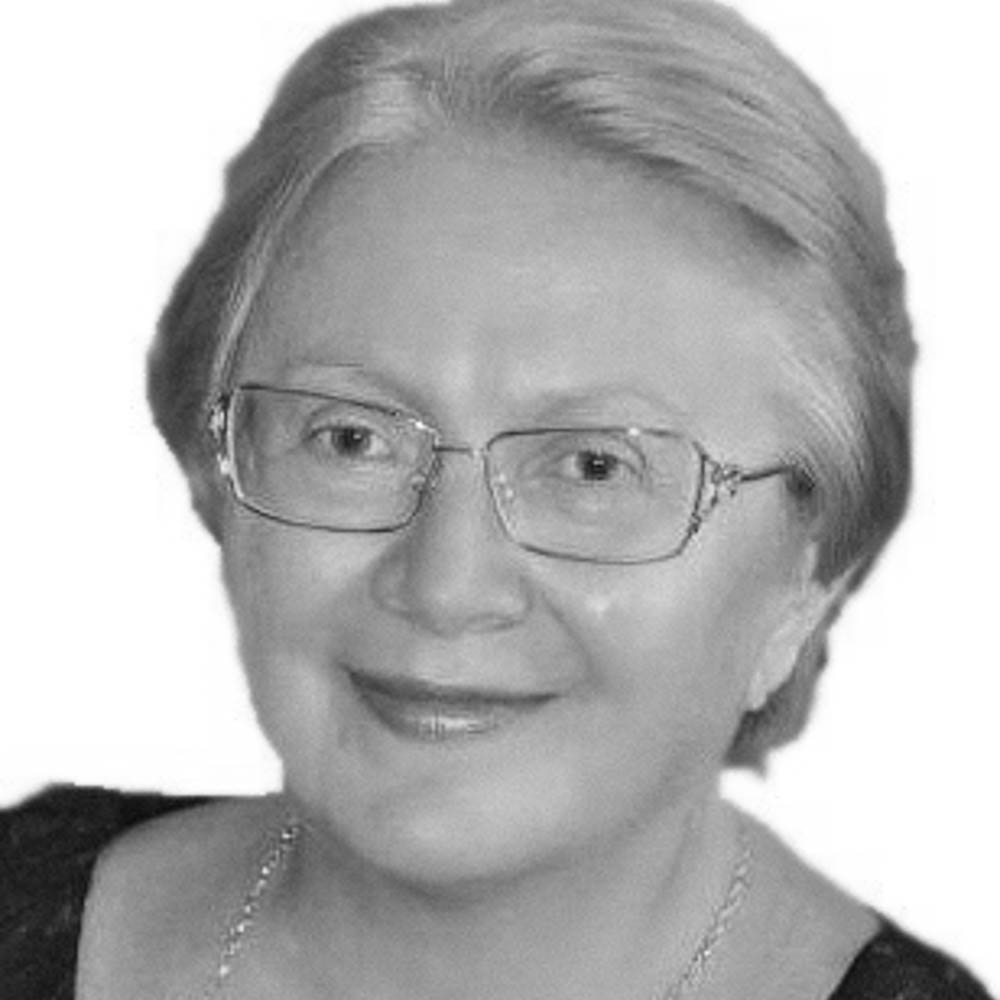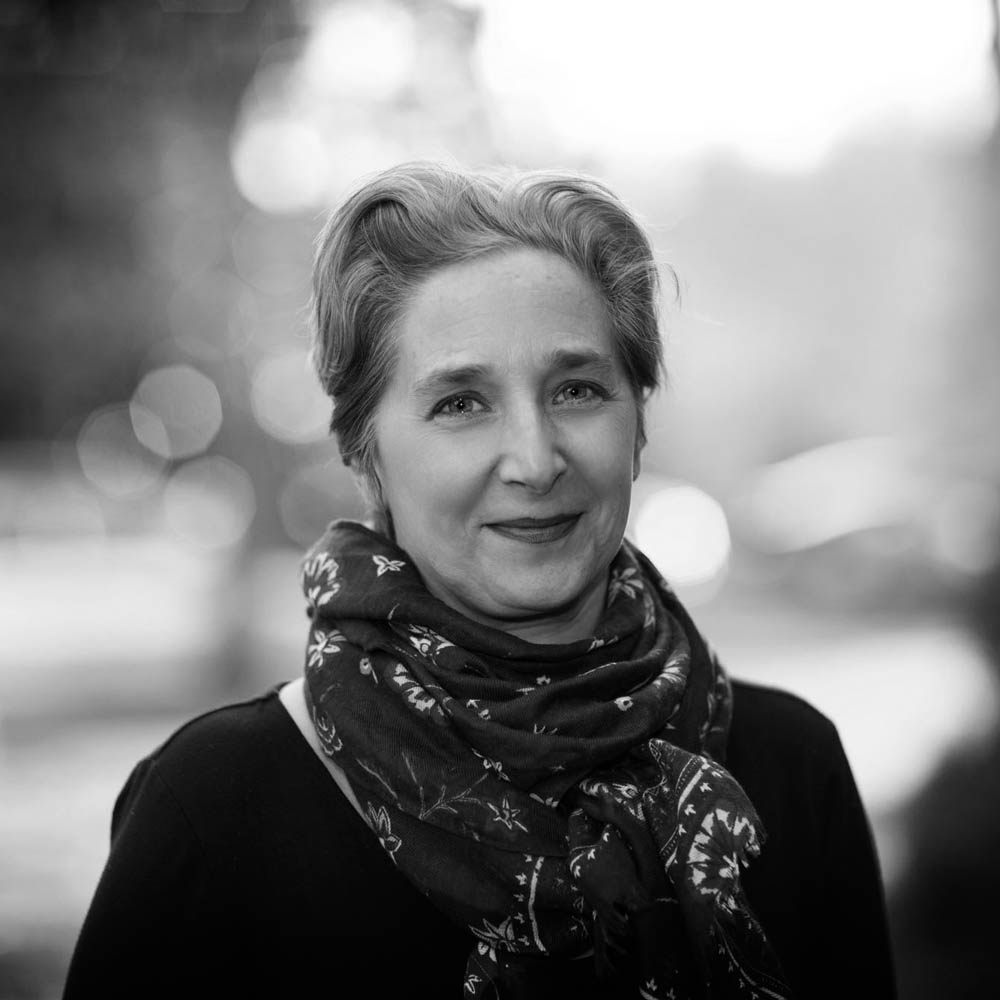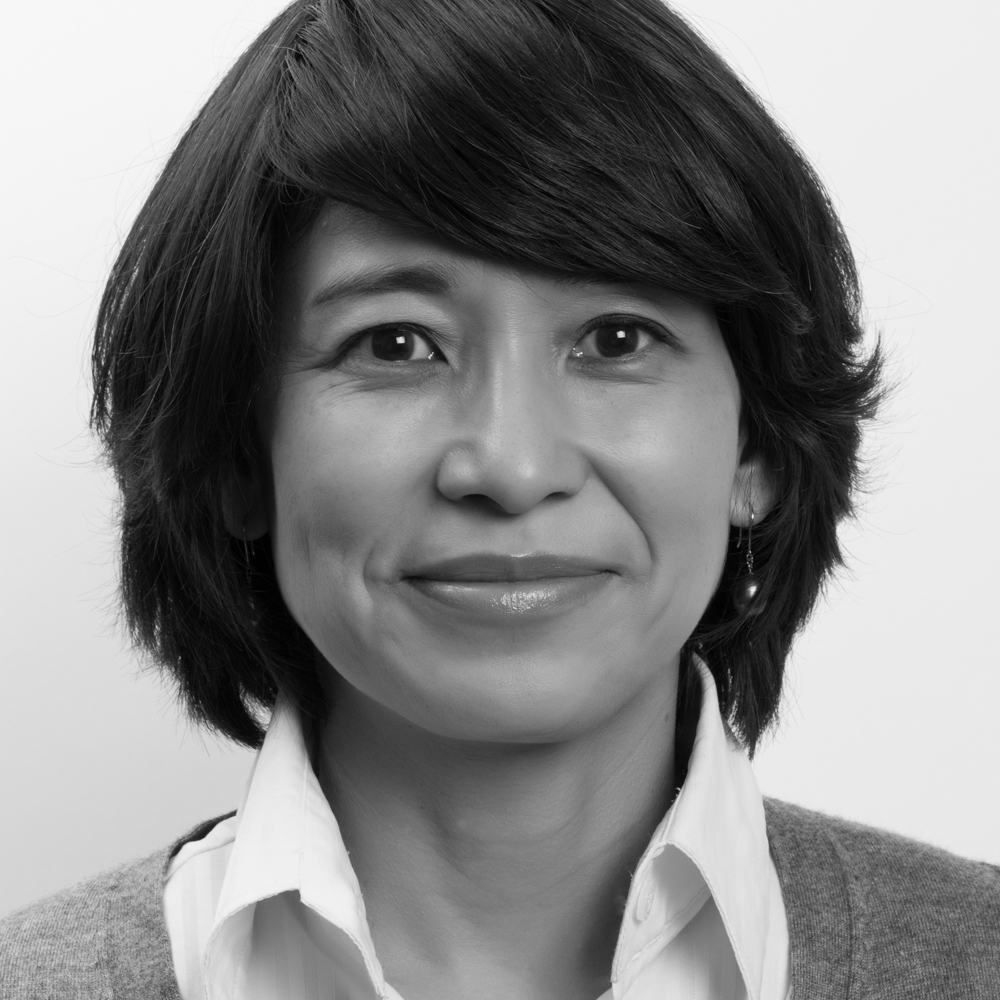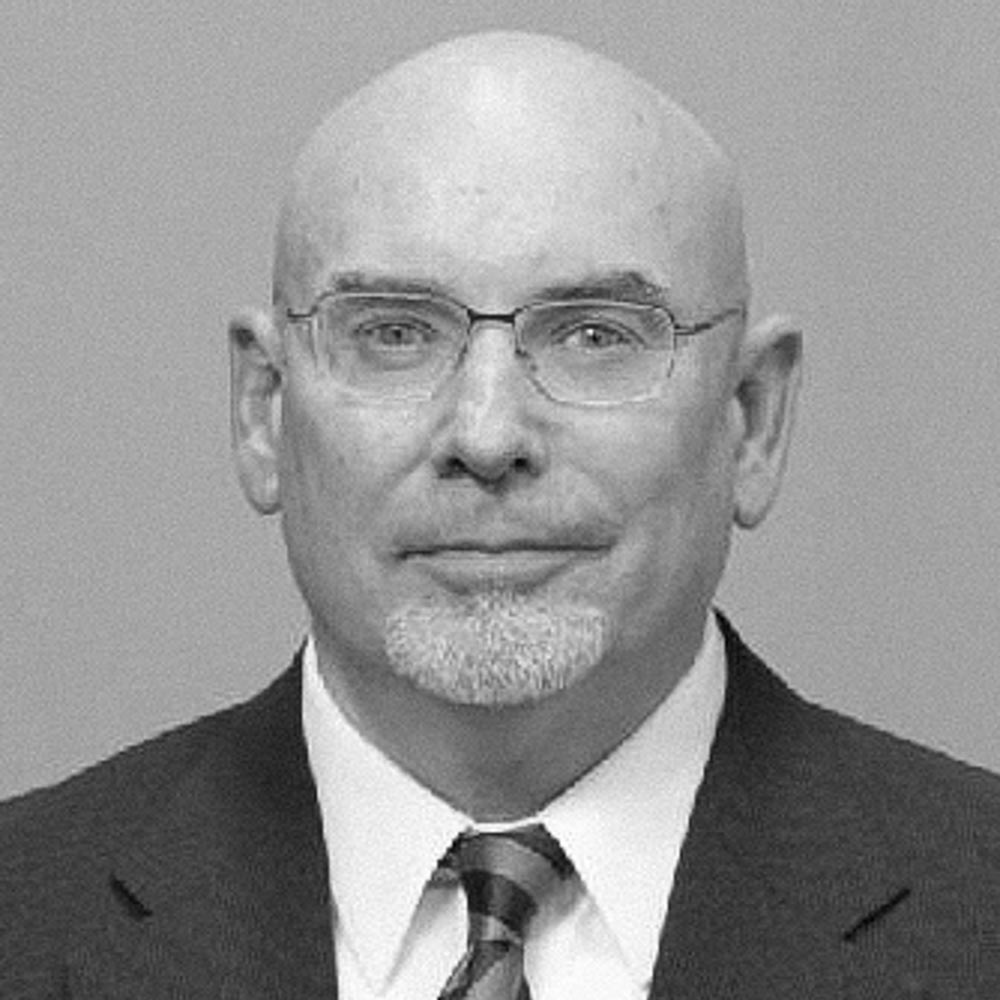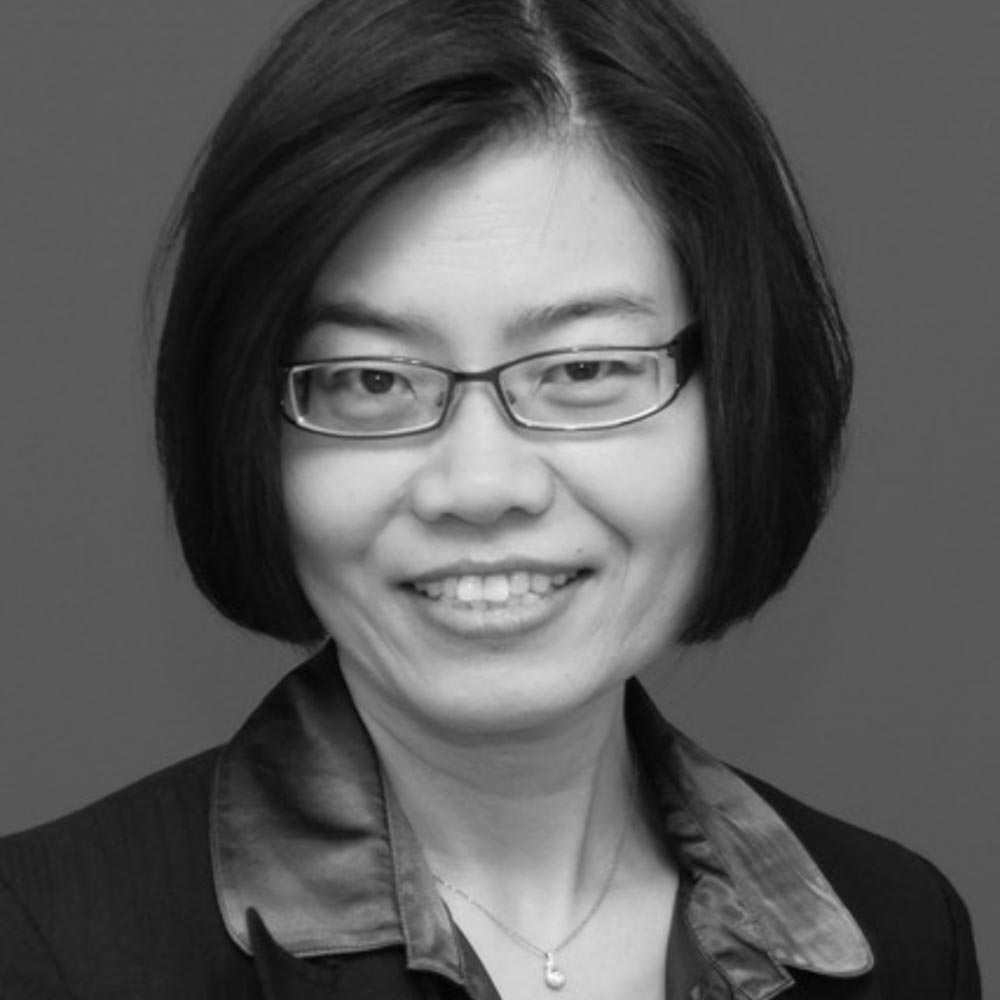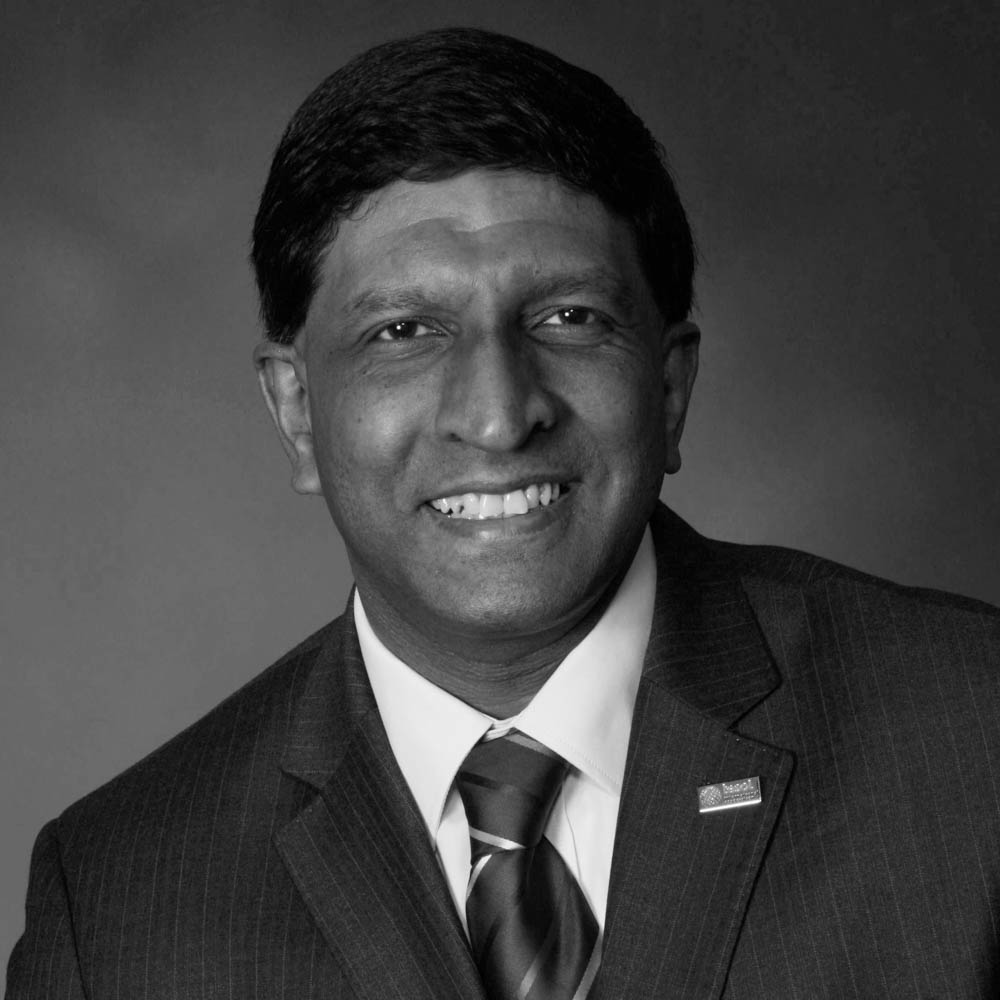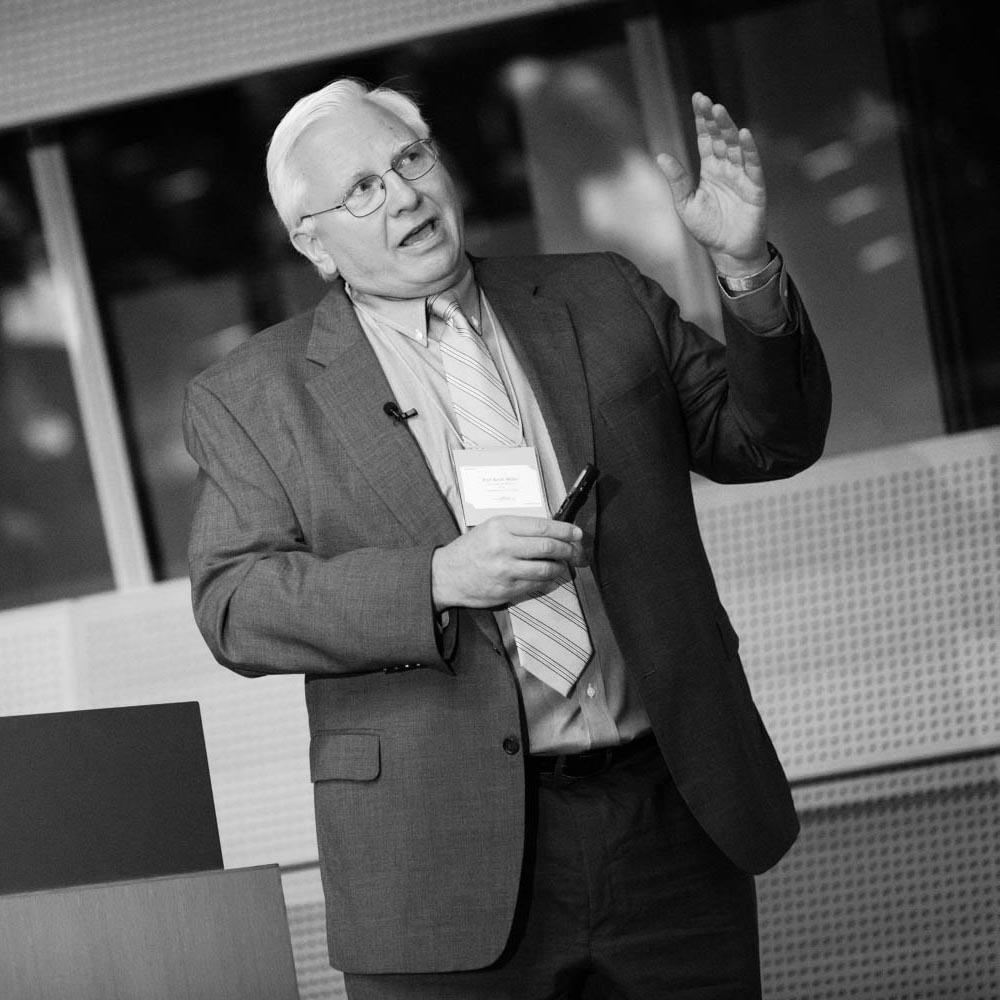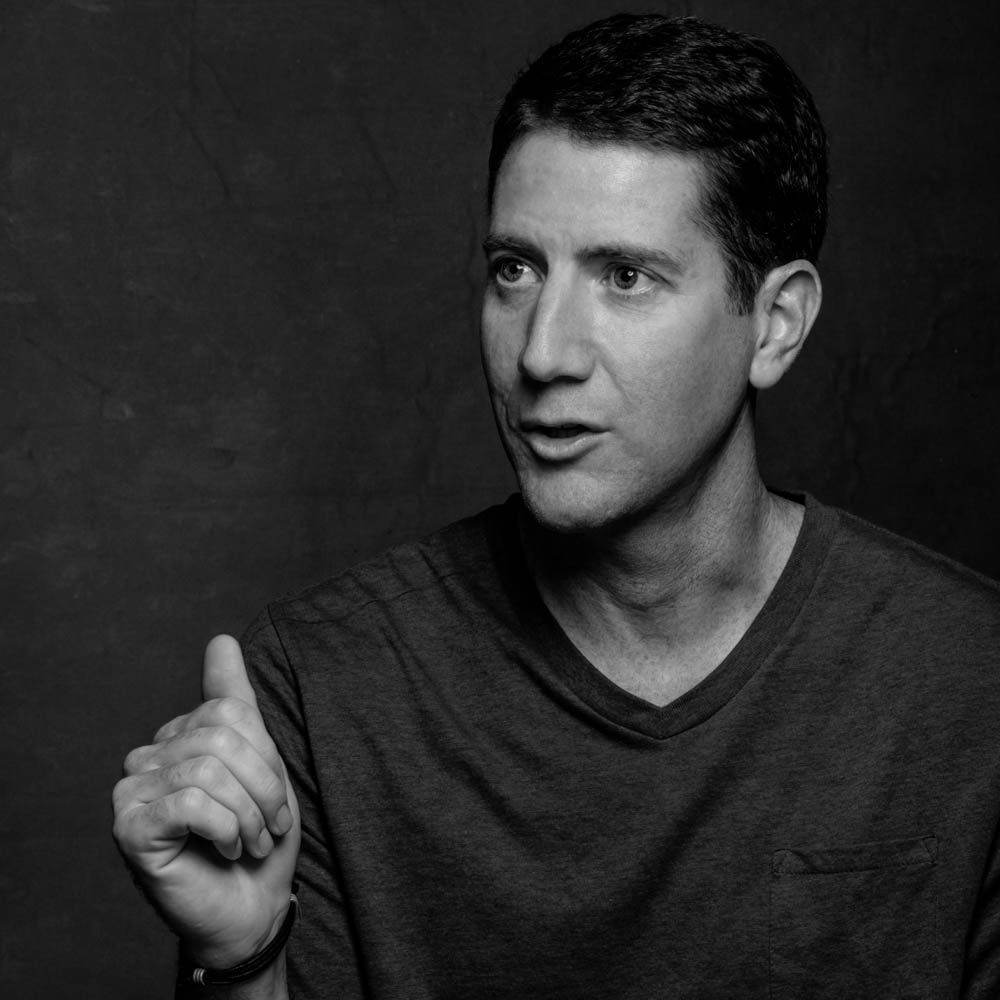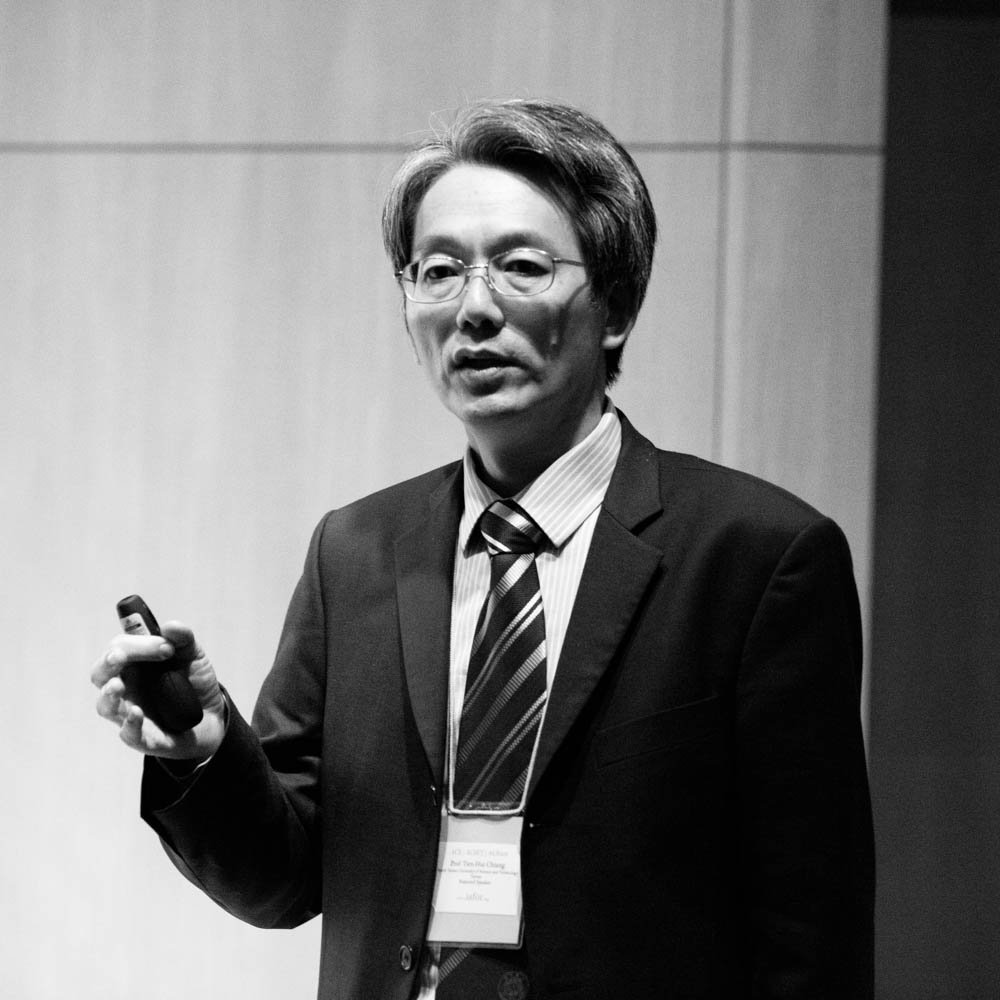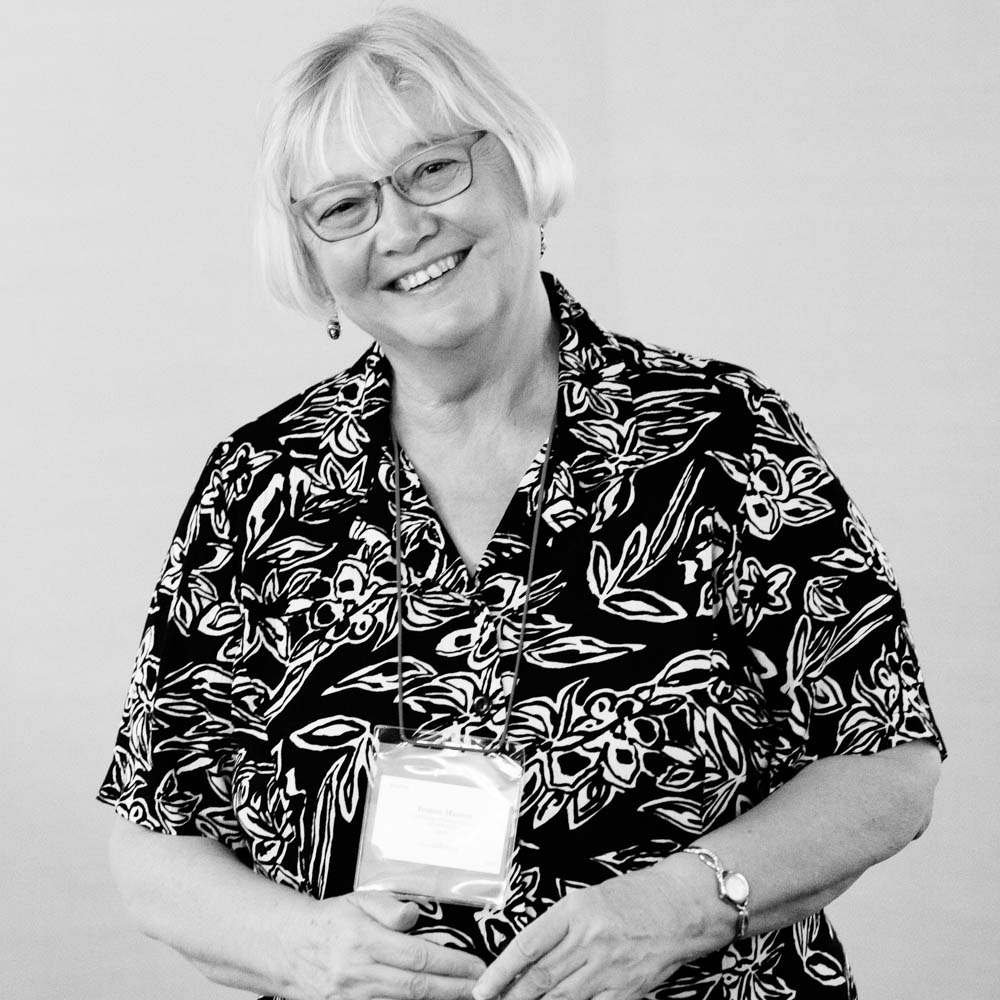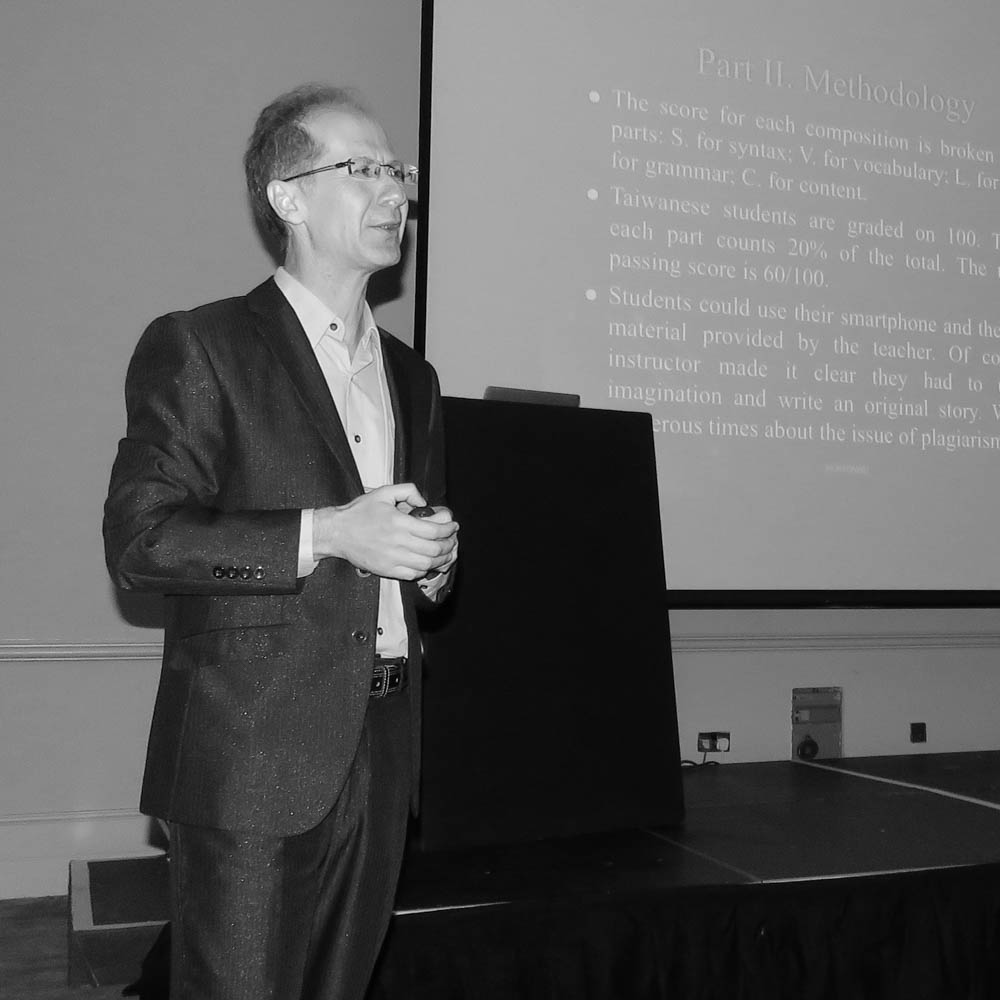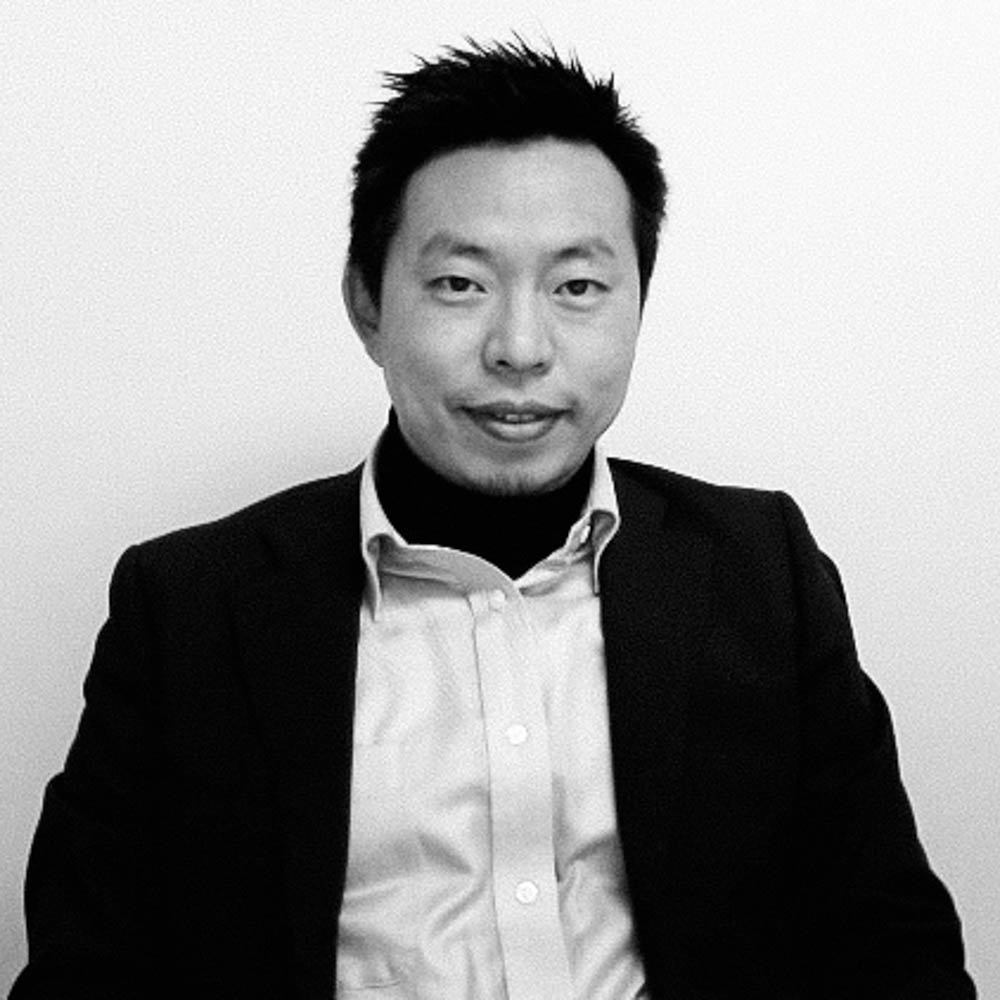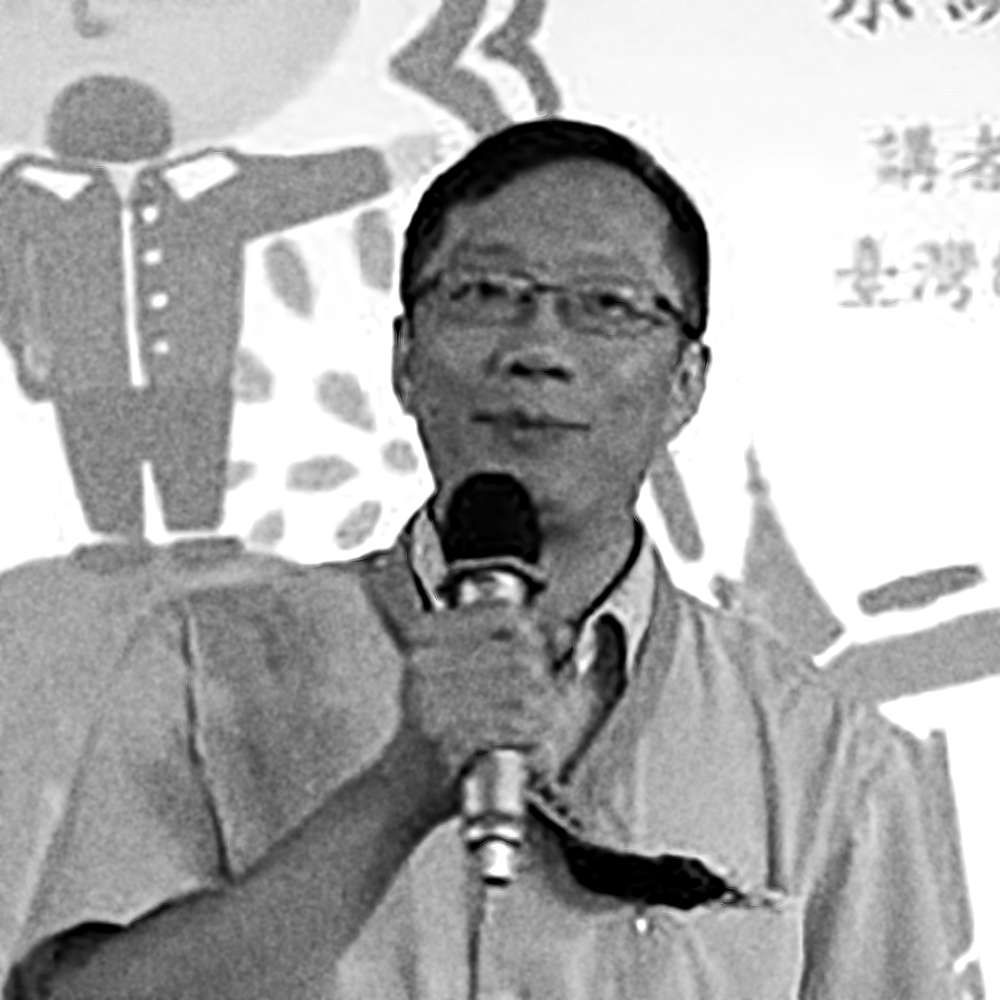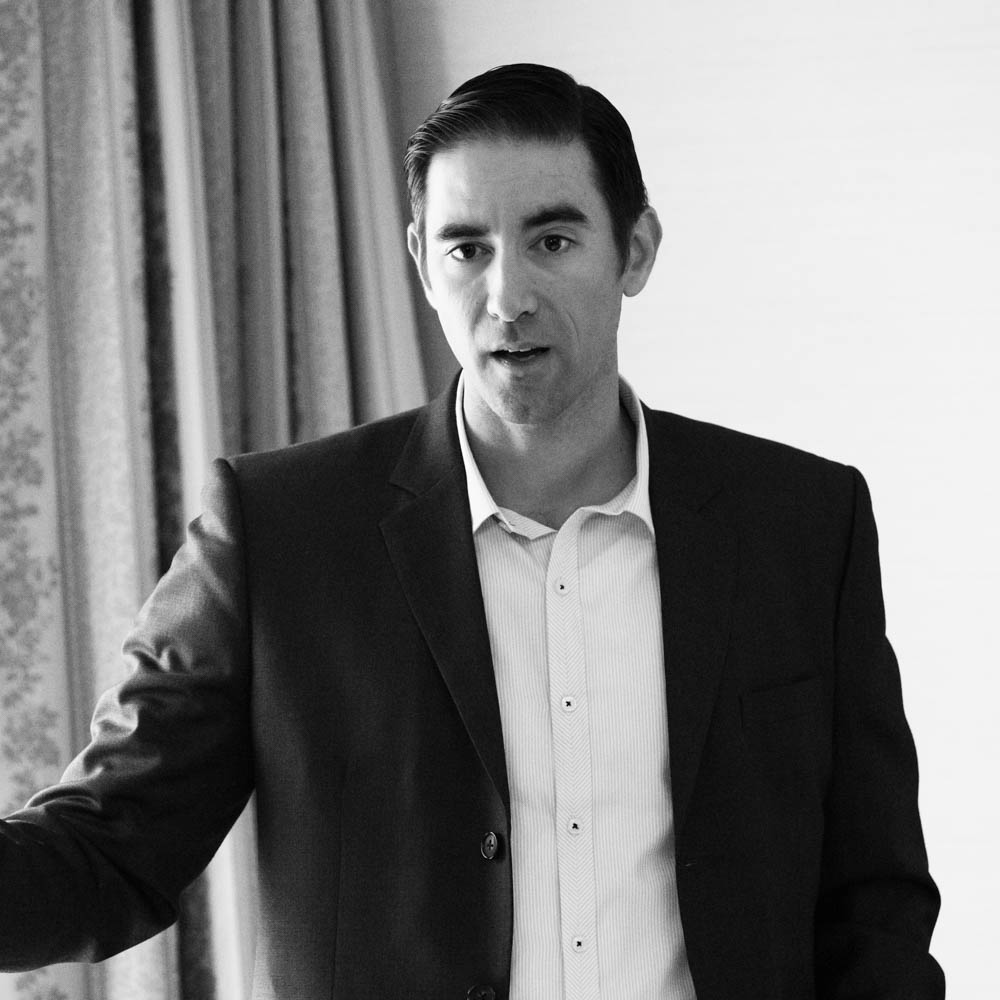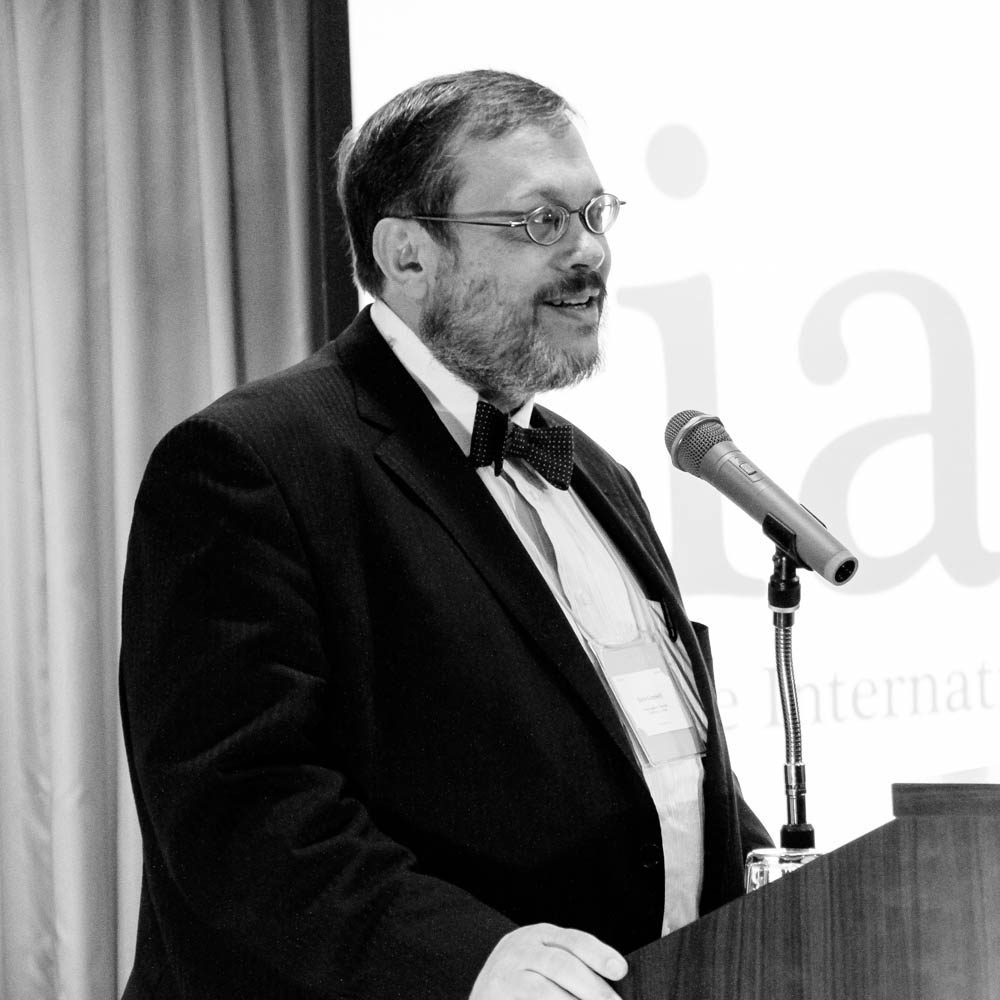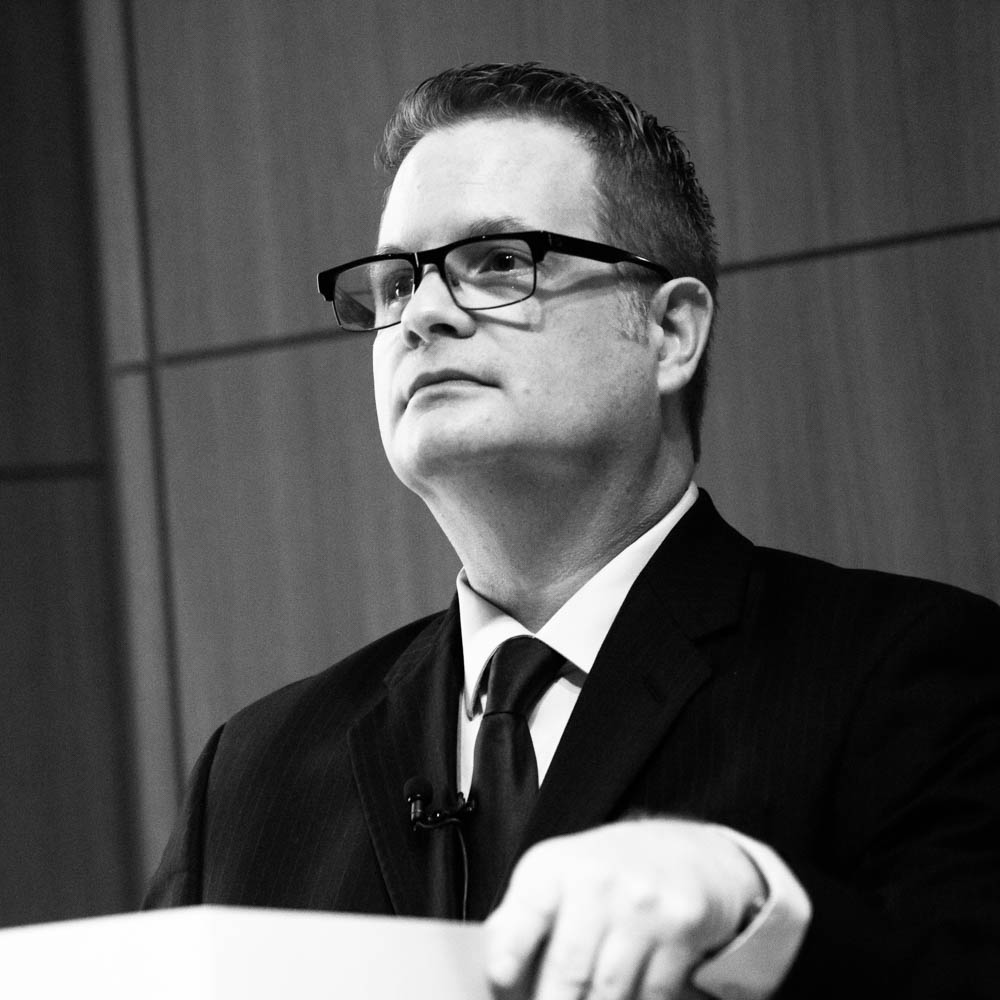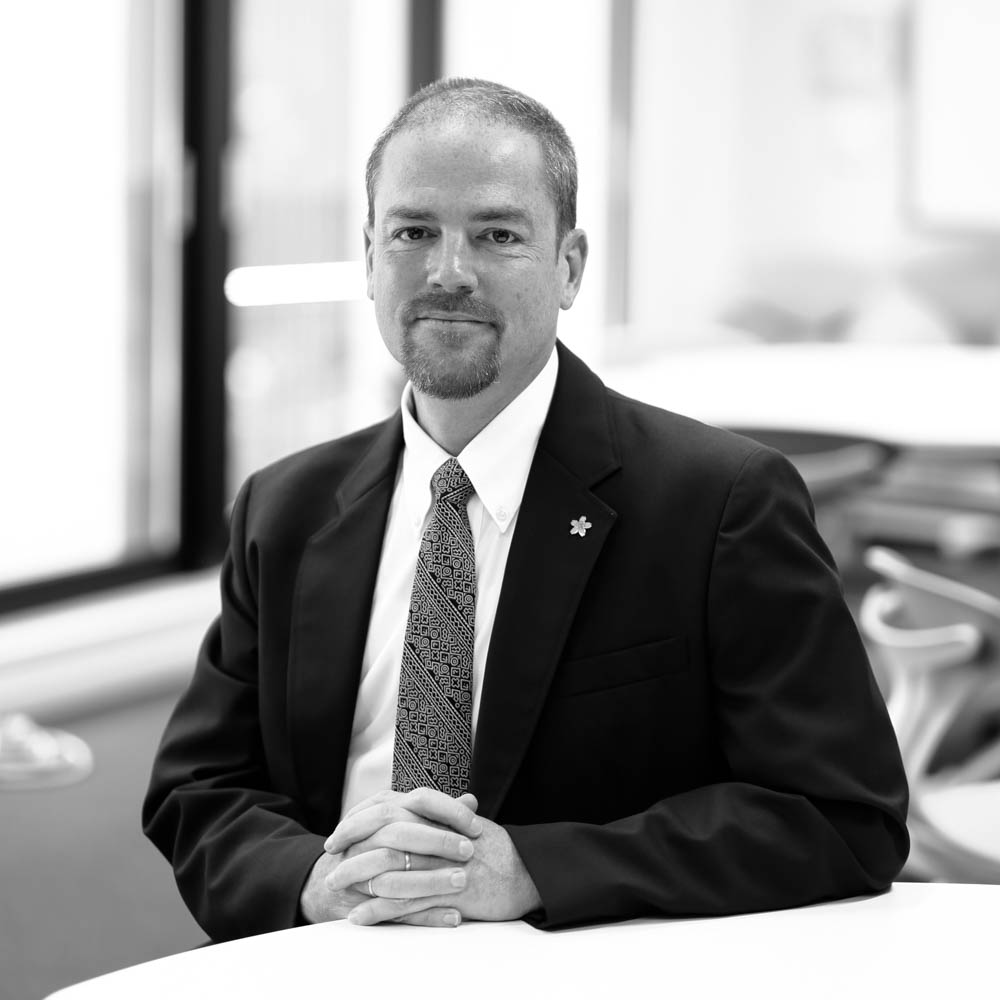"Surviving and Thriving: Education in Times of Change"
October 13-15, 2018 | Toshi Center, Tokyo, Japan
 In 2017, IAFOR education conferences in Asia, Europe, the Middle East and North America brought together delegates from around the world to consider the theme of “Educating for Change”. The theme was approached from a variety of different perspectives, taking full advantage of the international diversity of the attendees with their myriad experiences. A recurring note throughout the conferences was the reference to the future, be it immediate or longer term, as being uncertain. The natural resilience and optimism of educators was counterbalanced by apprehension; with hope also came fear.
In 2017, IAFOR education conferences in Asia, Europe, the Middle East and North America brought together delegates from around the world to consider the theme of “Educating for Change”. The theme was approached from a variety of different perspectives, taking full advantage of the international diversity of the attendees with their myriad experiences. A recurring note throughout the conferences was the reference to the future, be it immediate or longer term, as being uncertain. The natural resilience and optimism of educators was counterbalanced by apprehension; with hope also came fear.
In the current period of great global political and economic instability, rising inequality and social unrest, the role of education within society has never been more important, but never more vulnerable. This brings us to our conference theme for 2018, which references these inherent vulnerabilities in both educational systems and the individual students and teachers, as well as the necessary resilience needed to not only survive, but also thrive.
How do we as teachers, administrators and policymakers adopt and adapt to change outside our control? How do we nurture and encourage positive change, through the excitement of the imagination, innovation and creativity? How can technologies be better used to help us teach, and to help students learn? How do we sustain and manage change? How can we react positively to negative change? How can we, our institutions and our students survive and thrive in these times of change?
The Local Context: Asia and Japan
The situation of education in Asia reflects the challenges of diversity in Asia itself. There are varied education systems and structures, as well as the wide gap between countries struggling to meet the most basic educational and human security needs, rapidly developing nations vying to compete on the global stage while attending to pressures of a growing population, and advanced economies with shrinking populations among them. The region hosts the world’s top performers in PISA and TIMMs and some of the most rapidly rising stars in the global university rankings, as well as some of the most underfunded, and underperforming systems in the world. There are many and varied challenges throughout the region that reflect and inform those experienced in other nations throughout this world.
The Asian Conference on Education has chosen a befitting city, Tokyo, Japan, as the venue. It is the seat of one of the oldest and powerful bureaucracies, the MEXT, that oversees the education from grade school to university that once symbolised the most desirable model of rapid development and modernisation. Today, the challenges that face the Japanese education system are one and the same as the challenges that face the entire country: changing to survive. Education for the national purpose is no longer working, and yet the institutional inertia hampers efforts to free the system to become effective, dynamic and competitive in the long run. At the forefront of these challenges are the universities that are strong in STEM subjects but widely underperform in global ranking in other areas, but the roots of the problem are to be found in the primary and secondary and tertiary sectors that are still conformist.
Unlike countries like Malaysia and Indonesia, with young and growing populations, Japan’s population is now falling, which presents it with a number of problems, but also an opportunity to use its universities and acquired expertise to help play a more active role in regional educational development. For one, while Japan may be unsure how to embrace multiculturalism, universities in particular are pressed to open up their doors to more foreign students to survive financially but more importantly to remain internationally relevant academically. Universities are the microcosmos of Japanese society as they engage with the diversity of a globalising world. As the pinnacle of the Japanese education system the change in the universities is an urgent necessity to inspire primary and secondary sectors as well as other countries in the region. It is a task of historical proportions as the first modern country to emerge from Asia, but one that would impart many important lessons for those who have followed in Japan’s footpath.
Programme
-
 Teacher Competences Function as the Discourse of International Competitiveness within the Institutionalized Milieu in the Epoch of GlobalizationKeynote Presentation: Tien-Hui Chiang
Teacher Competences Function as the Discourse of International Competitiveness within the Institutionalized Milieu in the Epoch of GlobalizationKeynote Presentation: Tien-Hui Chiang -
 Leadership and InnovationFeatured Panel Presentation: Kay Irie, Peter McCagg, Ljiljana Markovic & Kristin Palmer
Leadership and InnovationFeatured Panel Presentation: Kay Irie, Peter McCagg, Ljiljana Markovic & Kristin Palmer -
 Sophisticated Machines and Innovative Education: Who (or What) Will Thrive?Keynote Presentation: Keith W. Miller
Sophisticated Machines and Innovative Education: Who (or What) Will Thrive?Keynote Presentation: Keith W. Miller -
 Moving Forward by Going Back: Not Changing but InnovatingKeynote Presentation: Andy Curtis
Moving Forward by Going Back: Not Changing but InnovatingKeynote Presentation: Andy Curtis -
 High-Quality Classroom Assessment in Times of Change: From Purposes and Uses to Tasks and EnvironmentsKeynote Presentation: Liying Cheng
High-Quality Classroom Assessment in Times of Change: From Purposes and Uses to Tasks and EnvironmentsKeynote Presentation: Liying Cheng -
 Thriving in Publication: Ethical Guiding Principles for Academic PublicationFeatured Panel Presentation: Yvonne Masters & Bernard Montoneri
Thriving in Publication: Ethical Guiding Principles for Academic PublicationFeatured Panel Presentation: Yvonne Masters & Bernard Montoneri -
 The Things that Do Not ChangeKeynote Presentation: Zachary M Walker
The Things that Do Not ChangeKeynote Presentation: Zachary M Walker
Speakers
-
 Ljiljana MarkovicUniversity of Belgrade, Serbia
Ljiljana MarkovicUniversity of Belgrade, Serbia -
 Kristin PalmerUniversity of Virginia, USA
Kristin PalmerUniversity of Virginia, USA -
 Kay IrieGakushuin University, Japan
Kay IrieGakushuin University, Japan -
 Peter McCaggAkita International University, Japan
Peter McCaggAkita International University, Japan -
 Liying ChengQueen’s University, Canada
Liying ChengQueen’s University, Canada -
 Andy CurtisAnaheim University, USA
Andy CurtisAnaheim University, USA -
 Keith W. MillerUniversity of Missouri-St. Louis (UMSL), USA
Keith W. MillerUniversity of Missouri-St. Louis (UMSL), USA -
 Zachary WalkerInstitute of Education, University College London, UK
Zachary WalkerInstitute of Education, University College London, UK -
 Tien-Hui ChiangZhengzhou University, China
Tien-Hui ChiangZhengzhou University, China -
 Yvonne MastersUniversity of New England, Australia
Yvonne MastersUniversity of New England, Australia -
 Bernard MontoneriNational Chengchi University, Taiwan
Bernard MontoneriNational Chengchi University, Taiwan
Organising Committee
The Conference Programme Committee is composed of distinguished academics who are experts in their fields. Conference Programme Committee members may also be members of IAFOR's International Academic Board. The Organising Committee is responsible for nominating and vetting Keynote and Featured Speakers; developing the conference programme, including special workshops, panels, targeted sessions, and so forth; event outreach and promotion; recommending and attracting future Conference Programme Committee members; working with IAFOR to select PhD students and early career academics for IAFOR-funded grants and scholarships; and overseeing the reviewing of abstracts submitted to the conference.
-
 Joseph HaldaneThe International Academic Forum (IAFOR), Japan
Joseph HaldaneThe International Academic Forum (IAFOR), Japan -
 Paul LaiNagoya University, Japan
Paul LaiNagoya University, Japan -
 Tzu-Bin LinNational Taiwan Normal University, Taiwan
Tzu-Bin LinNational Taiwan Normal University, Taiwan -
 Zachary WalkerInstitute of Education, University College London, UK
Zachary WalkerInstitute of Education, University College London, UK -
 Justin SandersOsaka University, Japan
Justin SandersOsaka University, Japan -
 Steve CornwellThe International Academic Forum (IAFOR) & Osaka Jogakuin University, Japan
Steve CornwellThe International Academic Forum (IAFOR) & Osaka Jogakuin University, Japan -
 José McClanahanCreighton University, USA
José McClanahanCreighton University, USA -
 Ted O’NeillGakushuin University, Japan
Ted O’NeillGakushuin University, Japan -
 Tien-Hui ChiangZhengzhou University, China
Tien-Hui ChiangZhengzhou University, China -
 Yvonne MastersUniversity of New England, Australia
Yvonne MastersUniversity of New England, Australia
Review Committee
- Professor Cynthia Abella, University of the East, Philippines
- Dr Hema Kumar B, Pondicherry Engineering College, India
- Dr Jose Jr. Barlis, Maritime Academy of Asia and the Pacific, Philippines
- Professor Avelino Caraan, Jr., Jose Rizal University, Philippines
- Dr Miao-Li Changlai, China University of Technology, Taiwan
- Professor Pin-Ju Chen, St. Mary's Junior College of Medicine, Nursing and Management, Taiwan
- Dr Chingya Chiu, Chang Jung Christian University, Taiwan
- Dr Sylvia Chong, Singapore University of Social Sciences, Singapore
- Dr Hsiu-Fen Hsieh, Kaohsiung Medical University, Taiwan
- Dr Cheng Hsu, National Chin-Yi University of Technology, Taiwan
- Dr Josephine Sau Har Jim, Visionary Plus Education Services, Hong Kong
- Dr Lana Khong, National Institute of Education, Nanyang Technological University, Singapore
- Dr Afifi Lateh, Prince of Songkla University, Thailand
- Dr Ruey-Fa Lin, FengChia University, Taiwan
- Dr Jasvir Kaur Nachatar Singh, La Trobe University, Australia
- Dr Non Naprathansuk, Maejo University, Thailand
- Dr Sonal Mobar Roy, National Institute of Rural Development and Panchayati Raj, India
- Dr Vilma Sangian, Tapia Elementary School, Philippines
- Dr Sherrilyn Quintos, Bataan Peninsula State University Main Campus, Philippines
- Dr William Ko-Wai Tang, The Open University of Hong Kong, Hong Kong
- Dr Piyaporn Techaraungrong, Chandrakasem Rajabhat University, Thailand
- Dr Hebe Wong, City University of Hong Kong, Hong Kong
- Dr Chia Pei Wu, I-Shou University, Taiwan
- Dr Yoshihiko Yamamoto, Shizuoka University, Japan
IAFOR's peer review process, which involves both reciprocal review and the use of Review Committees, is overseen by conference Organising Committee members under the guidance of the Academic Governing Board. Review Committee members are established academics who hold PhDs or other terminal degrees in their fields and who have previous peer review experience.
If you would like to apply to serve on the ACE2019 Review Committee, please visit our application page.
Conference Videos
Surviving and Thriving in Times of Change: A View from Serbia
Professor Ljiljana Markovic, Dean of the Faculty of Philology at the University of Belgrade was interviewed by prominent Serbian journalist, Svetlana Grubor, of Pinkova TV. The interview followed Professor Markovic’s appearance on a panel on leadership and innovation in education at the 10th Asian Conference on Education (ACE2018). Professor Markovic has been one of the most prominent exponents of internationalisation at the University of Belgrade; an essential part of the nation’s redevelopment after the troubles in the former Yugoslavia at the turn of the century.
The Asian Undergraduate Research Symposium 2018 (AURS2018)
Short video from The Asian Undergraduate Research Symposium 2018 (AURS2018). Held alongside the 10th Asian Conference on Education (ACE2018) in Tokyo, AURS2018 provided undergraduate students with a motivating and thought-provoking opportunity to present their research, and network with other undergraduates and academics from around the world.








